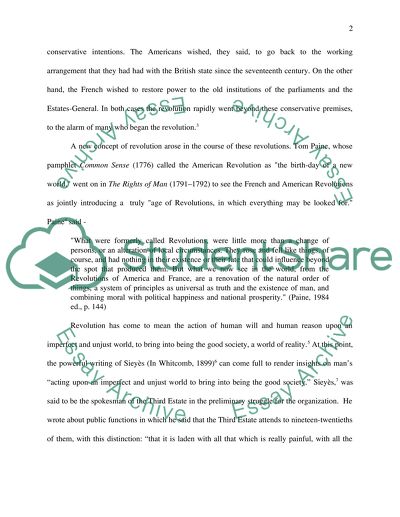Early Modern Revolutions Essay Example | Topics and Well Written Essays - 2750 words. Retrieved from https://studentshare.org/history/1530614-early-modern-revolutions
Early Modern Revolutions Essay Example | Topics and Well Written Essays - 2750 Words. https://studentshare.org/history/1530614-early-modern-revolutions.


